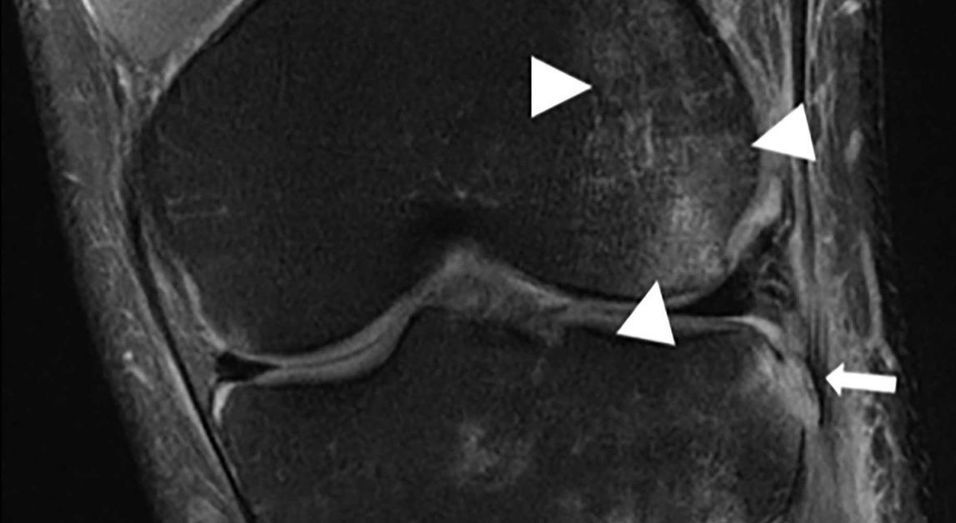HSCI scientists have combined organ-on-a-chip and stem-cell technologies to make a powerful tool for diabetes research and beta-cell transplantation.
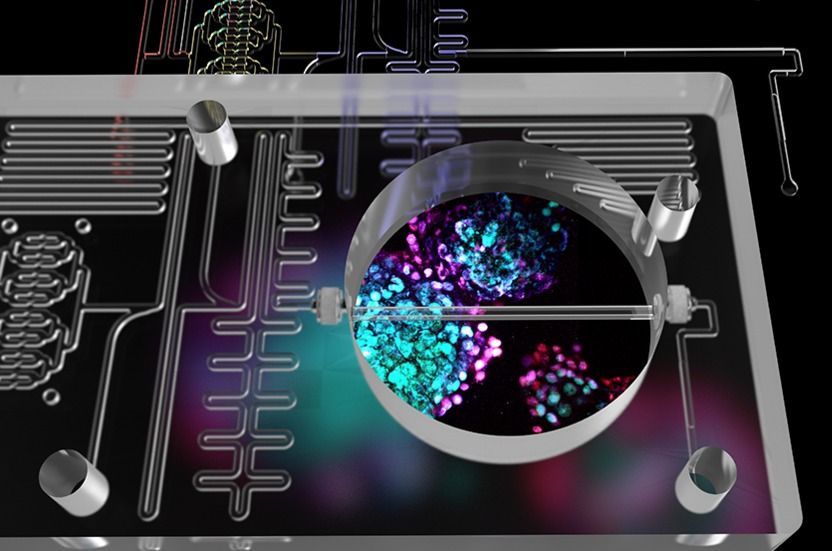

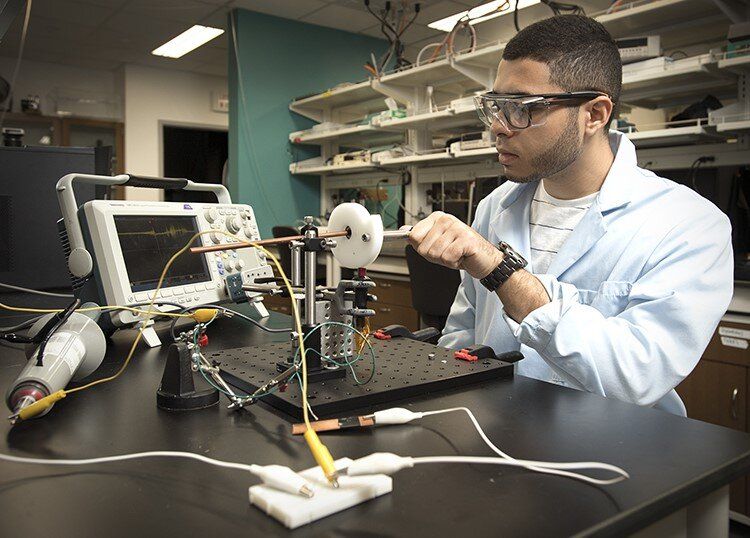
Low-temperature plasmas offer promise for applications in medicine, water purification, agriculture, pollutant removal, nanomaterial synthesis and more. Yet making these plasmas by conventional methods takes several thousand volts of electricity, says David Go, an aerospace and mechanical engineer at the University of Notre Dame. That limits their use outside high-voltage power settings.
In work supported by the U.S. National Science Foundation, Go and a team of researchers conducted research that explores making plasma devices that can be operated without electrical power—they need only human or mechanical energy.
Their paper in Applied Physics Letters introduces a strategy the scientists call “energy-conversion plasma” as an alternative to producing “transient spark” discharges without the need for a very high-voltage power supply.
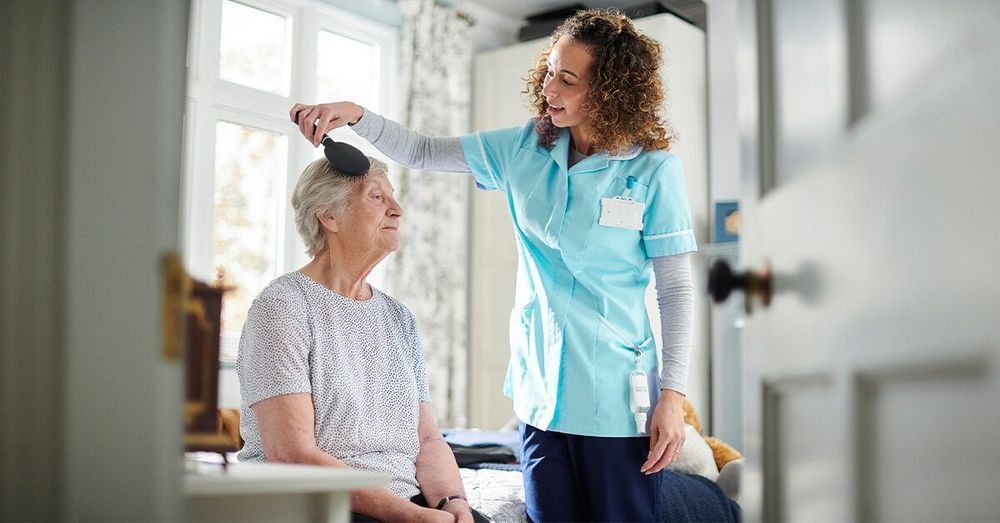
Women with Alzheimer’s disease tend to live longer than men with the disease — and a new study suggests that a gene on the X chromosome may help explain why.
Each person typically has one pair of sex chromosomes in each cell of their body. People assigned female at birth typically have two X chromosomes, while people assigned male at birth typically have one X chromosome and one Y chromosome.
Researchers say a gene called KDM6A may explain why women with Alzheimer’s disease tend to live longer than men with the same condition.
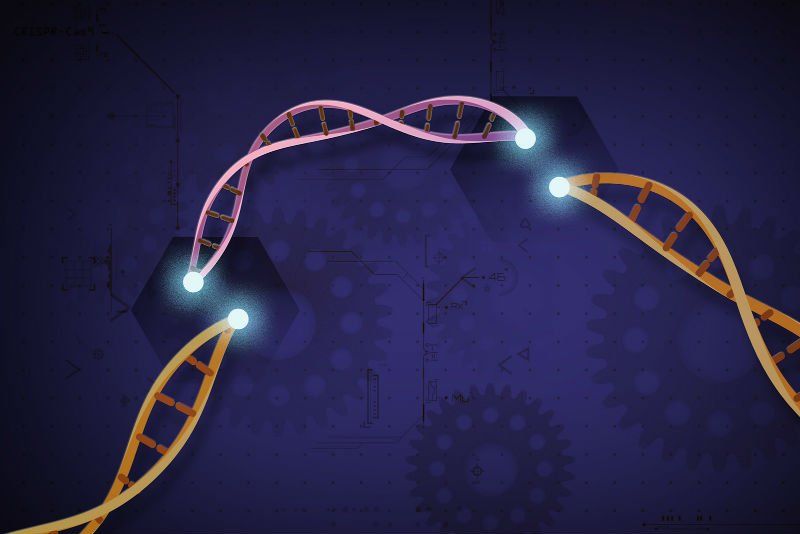
To overcome preexisting immunity that cripples the adenovirus vectors used in gene therapy and vaccines, scientists at the University of Pittsburgh created a CRISPR-based system that briefly suppresses the genes that cause the problem. The method improved gene therapy uptake in mice and is being developed by startup SafeGen.

This Video Explains The DNA Double Strand Breaks And Homologous Recombination (HR) Repair System Versus Non-homologous End-Joining (NHEJ)
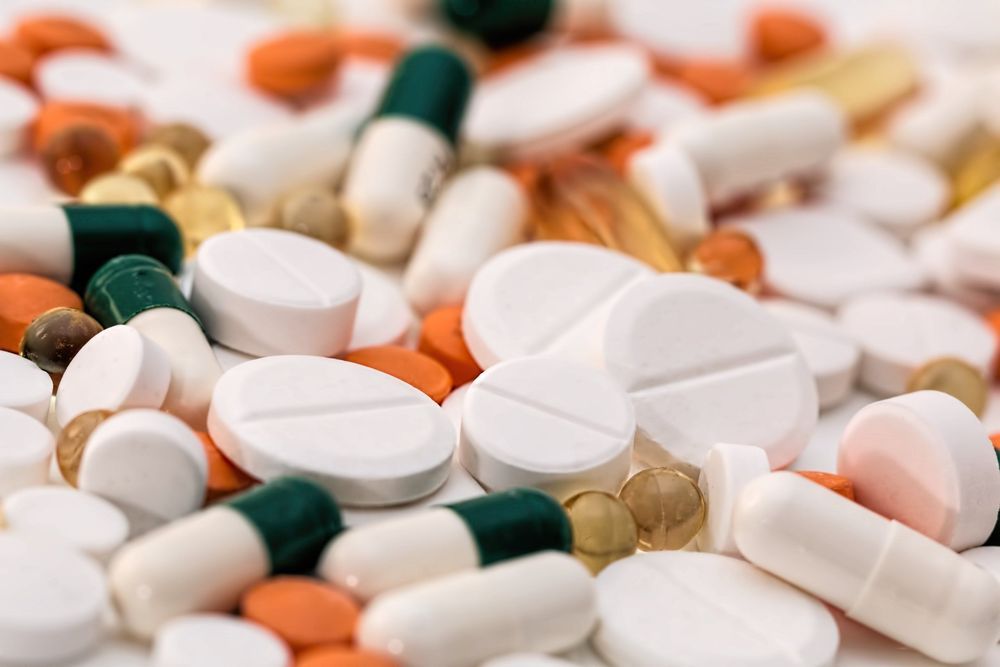
MINNEAPOLIS — A new study is sounding the alarm for patients taking dozens of common prescription and over-the-counter drugs. Researchers find that taking a particular class of drug, anticholinergics, increases the risk of developing mild thinking and memory problems.
The study shows there are about 100 of these types of drugs in widespread use. These medications treat everything from colds to high blood pressure to depression.
The research, published in the journal Neurology, finds that people with genetic risk factors for Alzheimer’s disease are particularly susceptible to these issues. Overall, scientists reveal patients with no cognitive issues are 47 percent more likely to develop a mental impairment if they’re taking at least one anticholinergic drug.
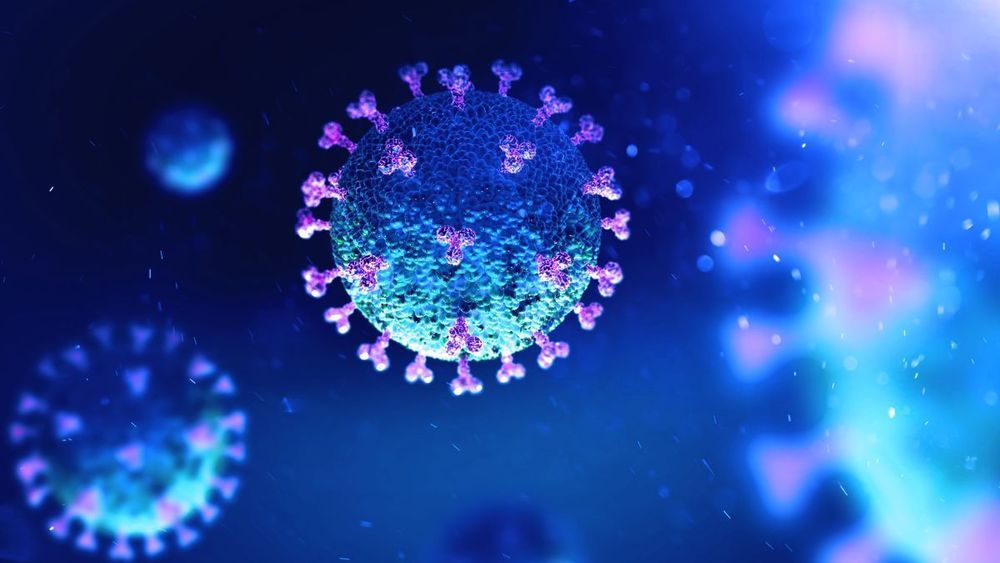
Beginning September 1 at 11:30 a.m. ET (8:30 a.m. PT), MIT is offering a course on “COVID-19, SARS-CoV-2 and the Pandemic.” The course’s lectures will be livestreamed every Tuesday and are free to the public. (Only enrolled students can ask questions, but everyone can watch.)

Telomerase is a ribonucleoprotein enzyme, which maintains genome integrity in eukaryotes and ensures continuous cellular proliferation. Telomerase holoenzyme from the thermotolerant yeast Hansenula polymorpha, in addition to the catalytic subunit (TERT) and telomerase RNA (TER), contains accessory proteins Est1 and Est3, which are essential for in vivo telomerase function. Here we report the high-resolution structure of Est3 from Hansenula polymorpha (HpEst3) in solution, as well as the characterization of its functional relationships with other components of telomerase. The overall structure of HpEst3 is similar to that of Est3 from Saccharomyces cerevisiae and human TPP1. We have shown that telomerase activity in H. polymorpha relies on both Est3 and Est1 proteins in a functionally symmetrical manner. The absence of either Est3 or Est1 prevents formation of a stable ribonucleoprotein complex, weakens binding of a second protein to TER, and decreases the amount of cellular TERT, presumably due to the destabilization of telomerase RNP. NMR probing has shown no direct in vitro interactions of free Est3 either with the N-terminal domain of TERT or with DNA or RNA fragments mimicking the probable telomerase environment. Our findings corroborate the idea that telomerase possesses the evolutionarily variable functionality within the conservative structural context.
